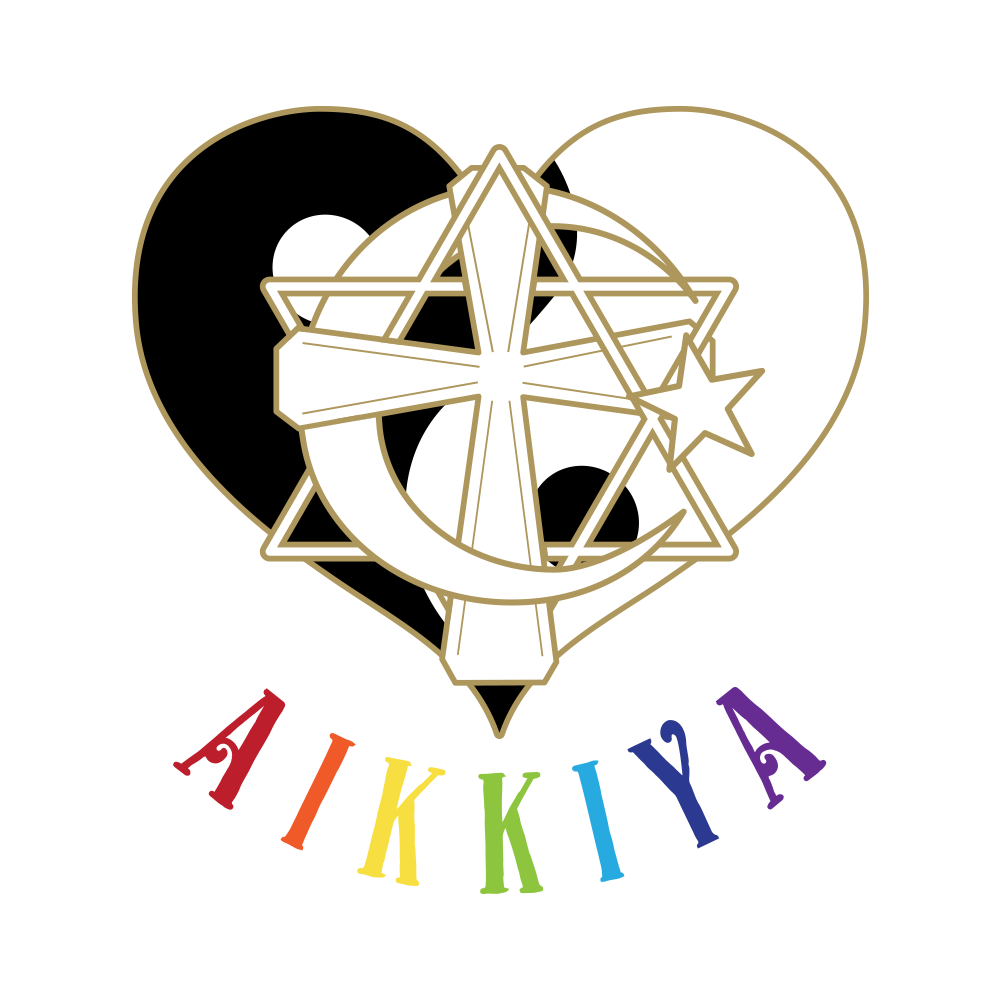
Presenting
Voices for peaceful diversity
Aikkiya
a Global movement
against violent extremism and for democracy
Aikkiya means United or combined in Tamil
Tamil is one of the worlds oldest surviving languages and over 74 million people speak Tamil today whereof 60 million resident in India but more importantly is that archeological inscriptions have been found around the globe with in Hinduism, Christianity, Islam, Jainism.
Introducing a
ground-breaking initiative
To unite in the pursuit of a world
free from the shackles of violent extremism
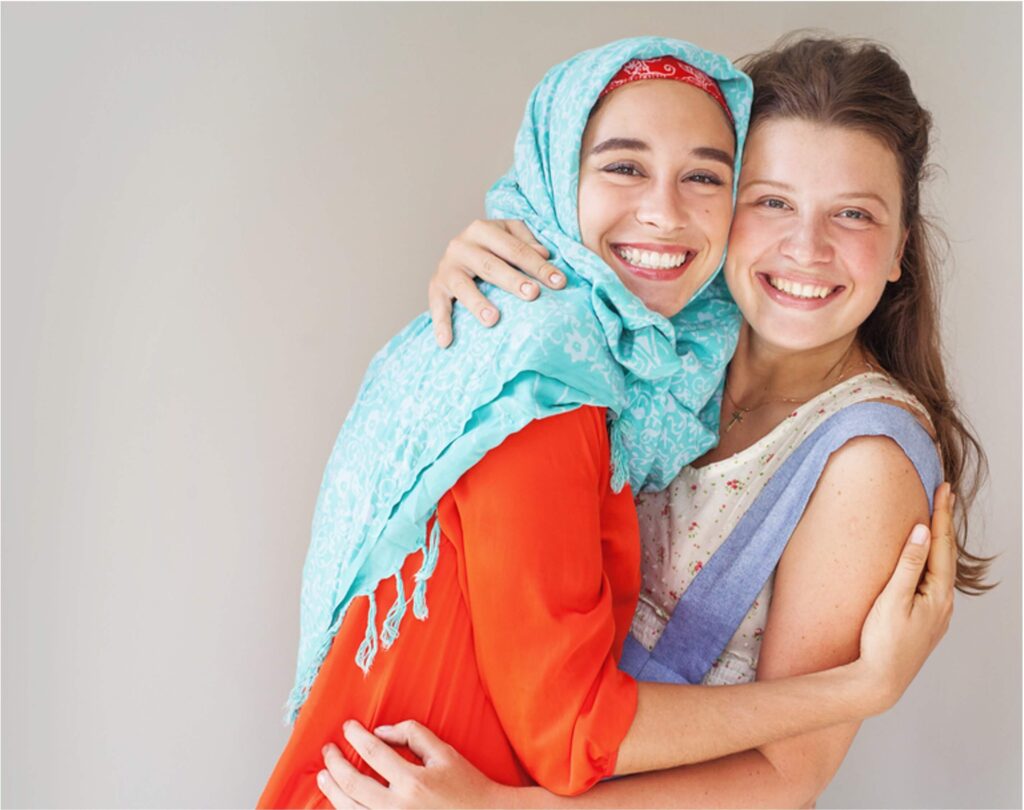
Purpose
- Defend basic democratic principles across all political span’s
- Bridge the difference gaps
- Find common denominators on grassroots level
- Strengthen the civil courage in society
Uniting voices for democracy
This non-religious and non-political platform empowers voices that are committed to fostering understanding, tolerance, and respect for all, irrespective of their beliefs or backgrounds in multicultural societies.
This call for unity transcends borders, bringing together both companies and individuals alike, under a shared banner committed to promoting peaceful democracy and rejecting all forms of violent extremism.
Presentation of a respectfully made logo that unite different conceptions of life
With moral and ethical values Promoting
dialogue, education, and collaborative efforts as an alternative to violent extremism
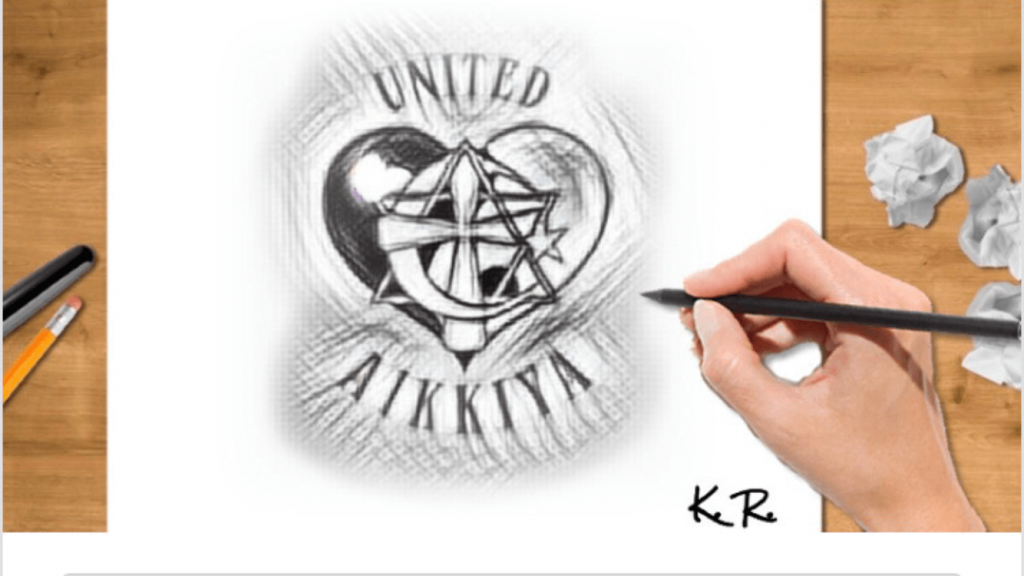
Aikkiya
Voices for peaceful diversity
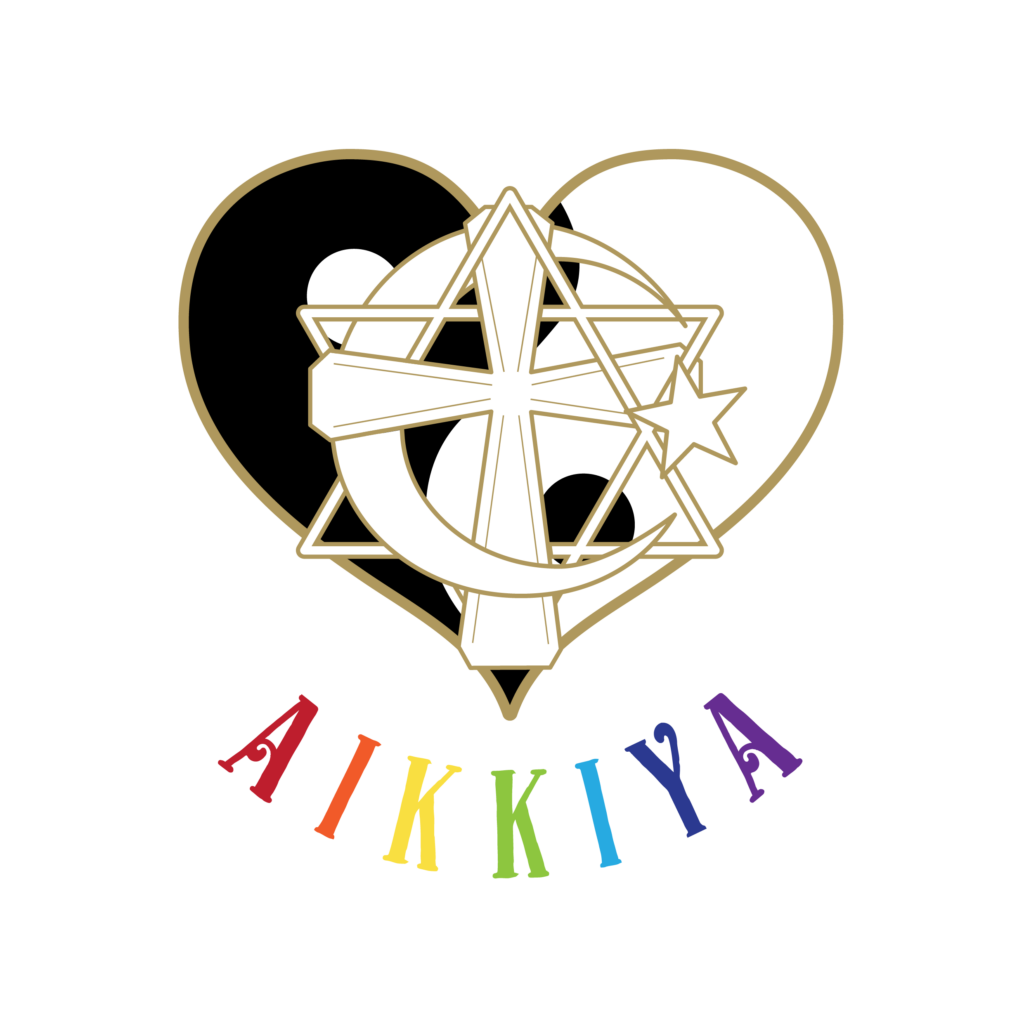
4 core values
- Respect different conceptions of life and lifestyles
- Stand united against all forms of violent extremism
- Cooperate across religious boundaries and pre-conceived opinions
- Recognize United Nation’s Human Rights Convention
Representation logos
Language - Hinduism and Jainism
Star of David - Judaism
Cross - all forms of Christianity
Crescent moon and star - all forms of Islam
Yin & Yang - Taoism, Buddhism, Confucianism, Balance and Harmony
Heart - Minorities, Communities and Peace
Rainbow colors - alternative Lifestyles
Powerful
The Aikkiya logo serves as a powerful representation of moral and ethical values embraced by the organization.
Presenting its intricate design and the RESPECTFUL inclusion of various religious symbols signifies the importance of upholding principles that foster acceptance, compassion, and unity among individuals.
The golden heart is the largest of the emblem and symbolizes love, empathy, and kindness as fundamental moral values. Inside the heart in the background, the intertwining black and white yin and yang represent the harmony between opposing forces, emphasizing the need for balance and ethical decision-making.
The inclusion of religious symbols, such as the golden cross, Star of David, and crescent moon and star, conveys the significance of diverse faith traditions and the shared commitment to moral and ethical principles across religions.

Significance
Powerful representation
Moral & Ethical values
Intricate design and inclusion
Various religious symbols
”The world is a dangerous place to live, not because of the people who are evil, but because of the people who don’t do anything about it”
Albert Einstein (1879 -1955)
Mathematician, Physicist, Philosopher
Watch this 1,40 min Youtube clip for a summary of Aikkiya
Are multicultural Societies
a Ticking Bomb?!?
Religion vs
Freedom of Speech
The relationship between religion and freedom of speech is a complex and often debated topic. On one hand, freedom of speech is a fundamental human right that allows individuals to express their thoughts, ideas, and beliefs without censorship or fear of punishment. This right is crucial for a democratic society and the exchange of diverse viewpoints.
However, when it comes to religious beliefs, there can be clashes between the exercise of freedom of speech and the sensitivity of religious sentiments but religious beliefs hold deep significance for many people, and offensive or blasphemous expressions can lead to hurt feelings, anger, and even social unrest. This has led to discussions about the limits of free speech, particularly when it involves criticizing or ridiculing religious beliefs.
Legal systems and cultural norms vary from country to country, which further complicates the relationship between religion and freedom of speech. Some countries have laws that prohibit hate speech or blasphemy, aiming to protect religious groups from discrimination and incitement of hatred. Others prioritize the unfettered expression of ideas, even if they are critical or offensive towards religions.
Balancing these two aspects involves careful consideration of the broader social context, potential consequences, and the principles of respect and tolerance. It’s important to remember that while freedom of speech is essential, exercising it responsibly and with awareness of the impact on religious communities is also a crucial aspect of fostering harmony and understanding in diverse societies.
Strong powers against democracy
Religious Extremism
Christianity
vs
Islam vs Judaism vv
Political Extremsim
Right-wing
vs
Left-wing vv
Autocratization Process
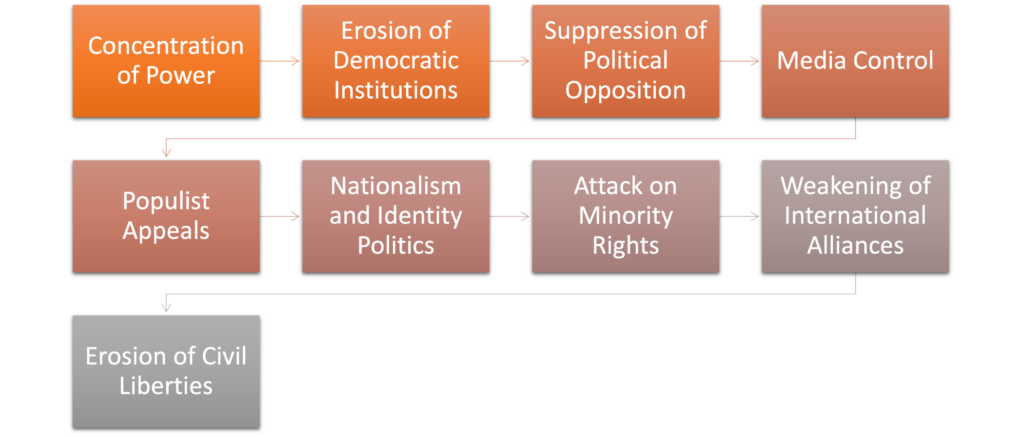
Presenting Recent Examples of autocratization
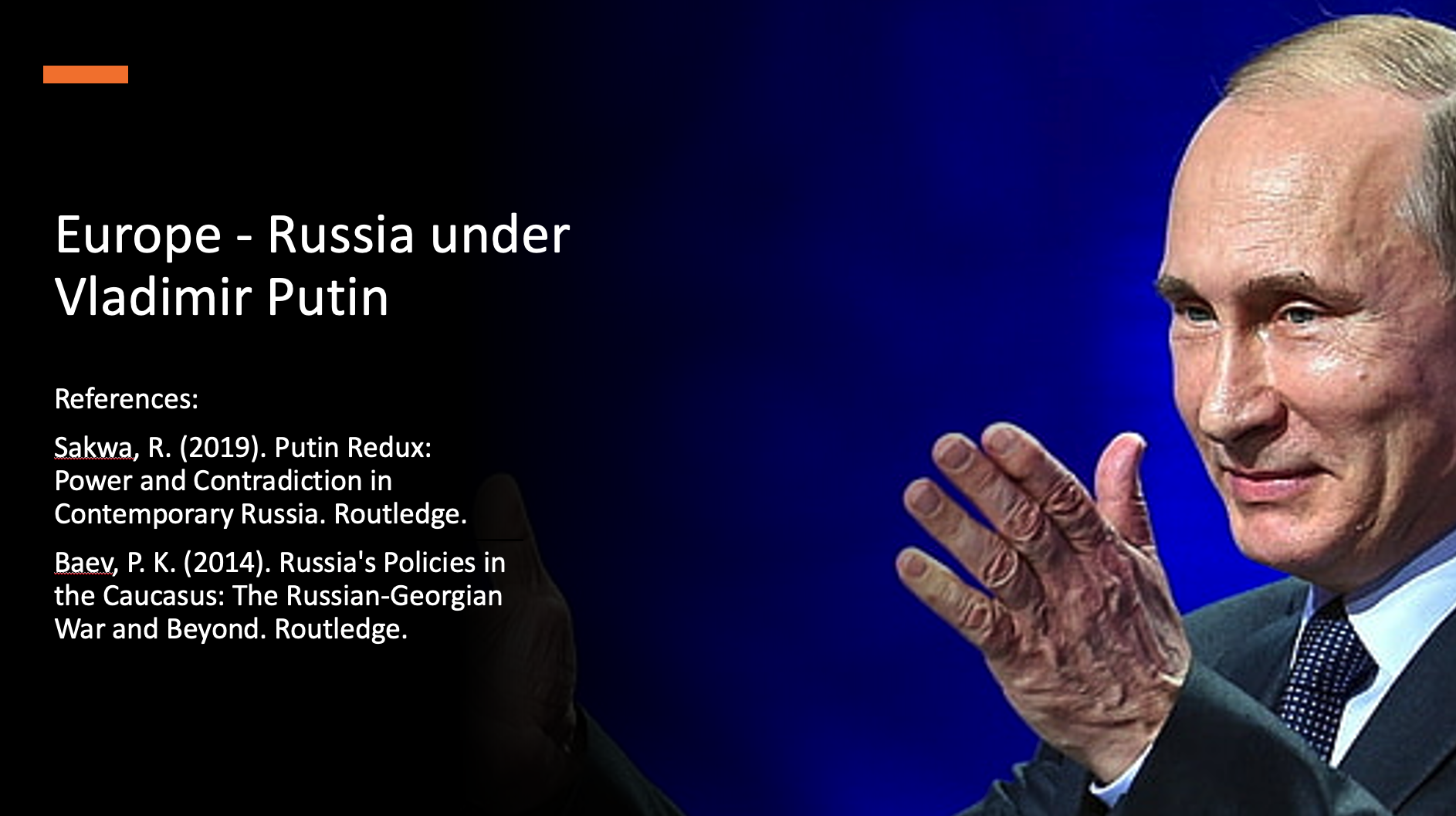
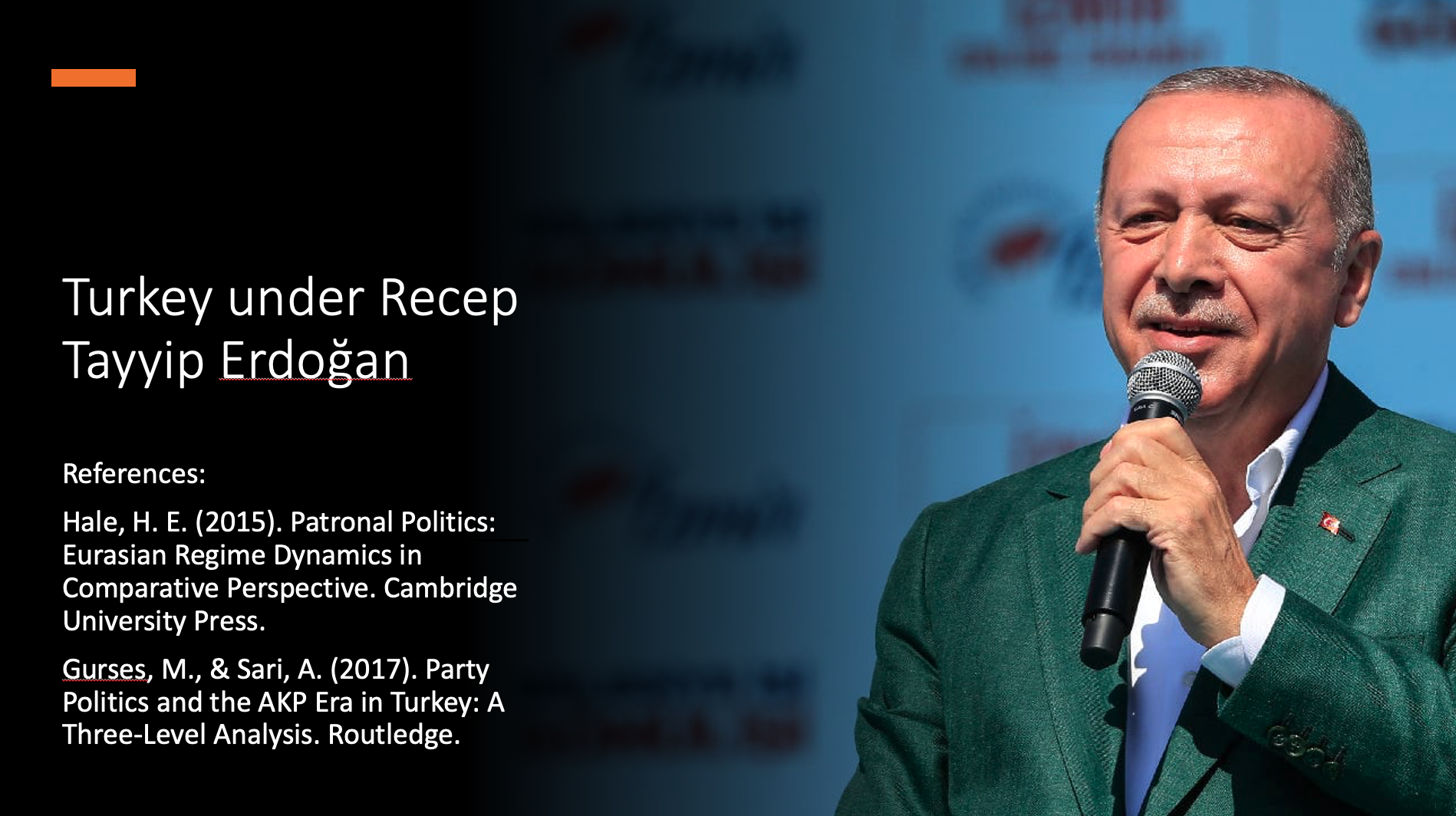
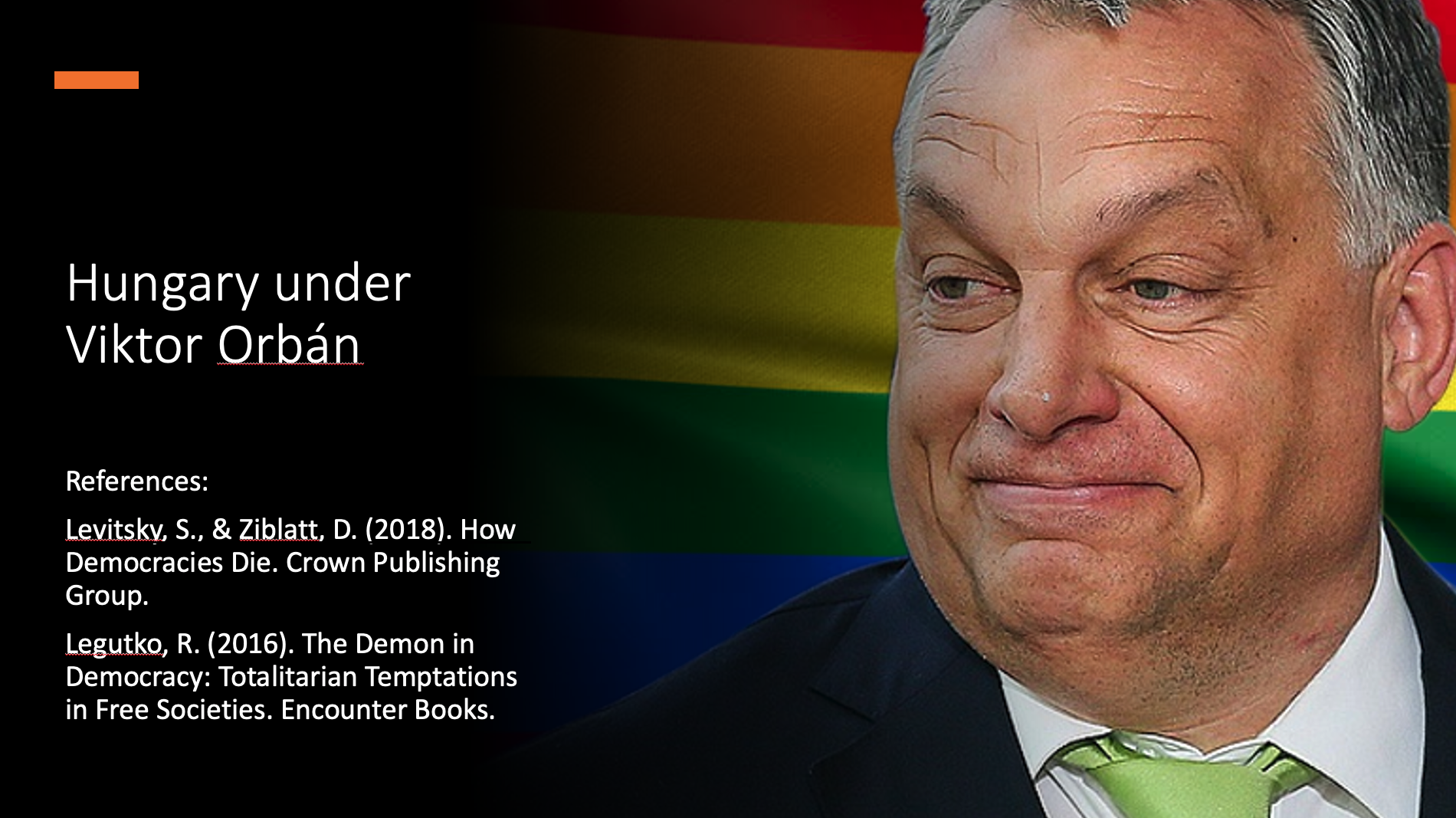
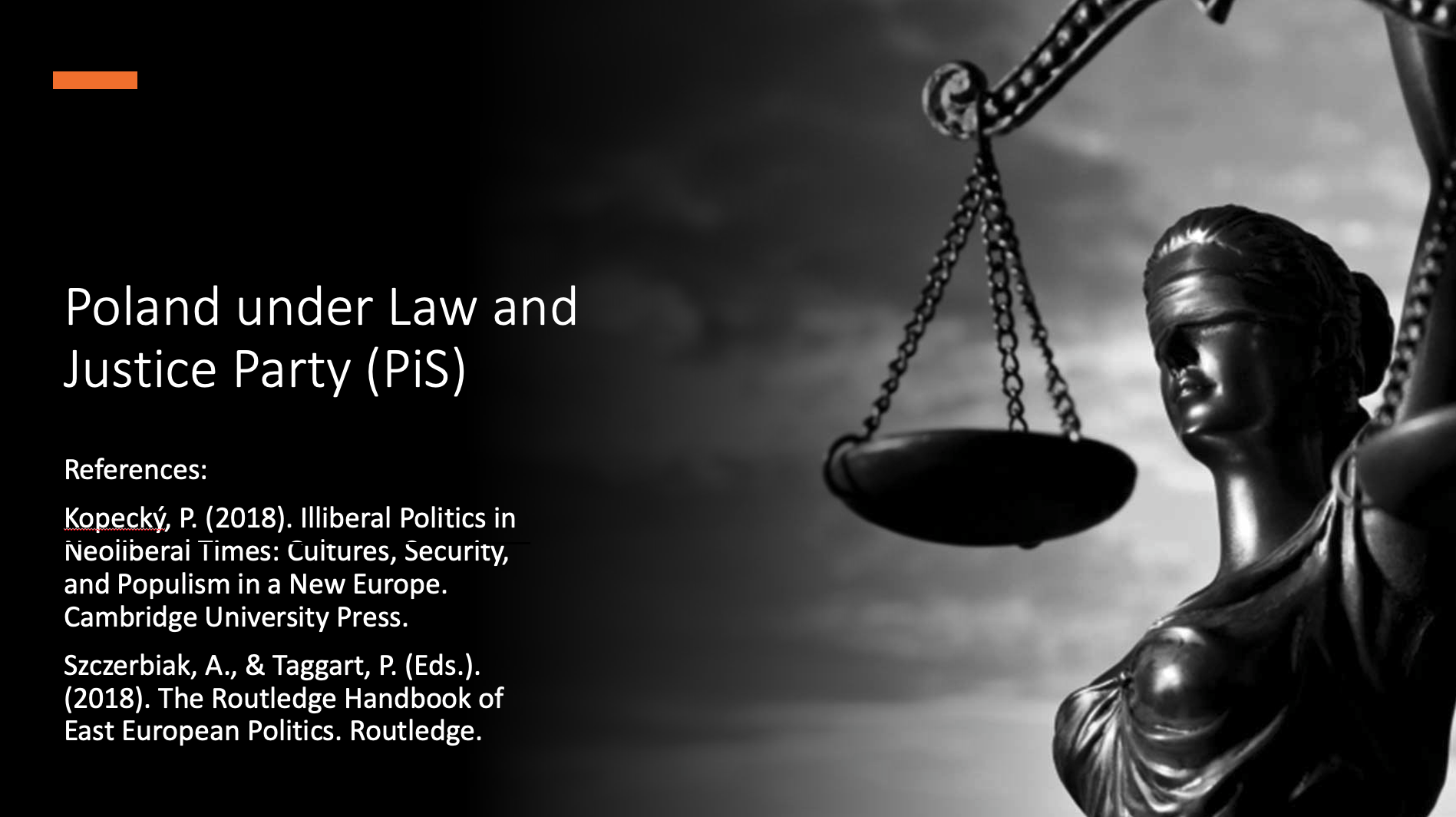
“Many forms of Government have been tried and will be tried in this world of sin and woe. No one pretends that democracy is perfect or all-wise. Indeed, it has been said that democracy is the worst form of government except all those other forms that have been tried from time to time.”
11 november 1947 // Winston Churchill

Winston Churchill, in full Sir Winston Leonard Spencer Churchill, (born November 30, 1874, Blenheim Palace, Oxfordshire, England—died January 24, 1965, London), British statesman, orator, and author who as prime minister (1940–45, 1951–55) rallied the British people during World War II and led his country from the brink of defeat to victory.
Consequence's / Individual Impact
The impact of unrest on individuals is characterized by a loss of safety, security, opportunities, and well-being, highlighting the urgent need for peacebuilding, conflict resolution, and the promotion of stability and security worldwide.
The world’s unrest, characterized by conflicts, social tensions, political instability, and other forms of turmoil, can have a significant impact on individuals in various ways:
Safety and Security:
Unrest can jeopardize the safety and security of individuals. It can lead to violence, crime, and the breakdown of law and order, creating an environment of fear and uncertainty.
Displacement and Migration:
Unrest often triggers forced displacement and mass migration as individuals and communities seek safety and refuge in more stable regions or countries. This can disrupt lives, separate families, and expose individuals to further challenges and vulnerabilities.
Economic and Social Disruptions:
Unrest can disrupt economies and social systems, leading to job losses, economic instability, and reduced access to essential services such as healthcare, education, and basic amenities. This can have a direct impact on individuals’ livelihoods, well-being, and quality of life.
Mental and Emotional Health:
Living in an environment of unrest can take a toll on individuals’ mental and emotional well-being. Constant exposure to violence, fear, and uncertainty can lead to stress, anxiety, trauma, and other psychological effects.
Loss of Rights and Freedoms:
Unrest may result in the erosion of basic human rights and freedoms. Individuals may face restrictions on their freedom of expression, assembly, or movement, undermining their autonomy and stifling their ability to participate in decision-making processes.
Social Division and Prejudice:
Unrest can exacerbate social divisions, deepen existing prejudices, and fuel discrimination based on factors such as ethnicity, religion, or political affiliation. This can lead to increased marginalization, exclusion, and conflicts within communities.
Disrupted Relationships and Community Cohesion:
Unrest can strain relationships and fracture community cohesion. Disagreements and tensions arising from differing opinions or perspectives on the causes or solutions to unrest can create divisions among friends, families, and neighbours.
Limited Opportunities:
Unrest can limit opportunities for personal growth, education, and career advancement. Disrupted infrastructure, unstable institutions, and a lack of resources or access to opportunities can hinder individuals’ ability to fulfill their potential and achieve their aspirations.
Involvement in Conflict:
In some cases, individuals may become directly involved in the unrest, either voluntarily or involuntarily. They may be forced to take sides, participate in violent acts, or become victims of violence, further perpetuating cycles of unrest and endangering their well-being.
Psychological Impact on Future Generations:
The impact of unrest can extend beyond the present generation, affecting the psychological well-being and development of future generations. Experiences of trauma, displacement, and violence can have long-lasting effects on individuals and their families.
It is important to note that individuals’ experiences of the world’s unrest can vary depending on their specific circumstances, geographical location, and socio-economic factors. However, overall, the impact of unrest on individuals is characterized by a loss of safety, security, opportunities, and well-being, highlighting the urgent need for peacebuilding, conflict resolution, and the promotion of stability and security worldwide.
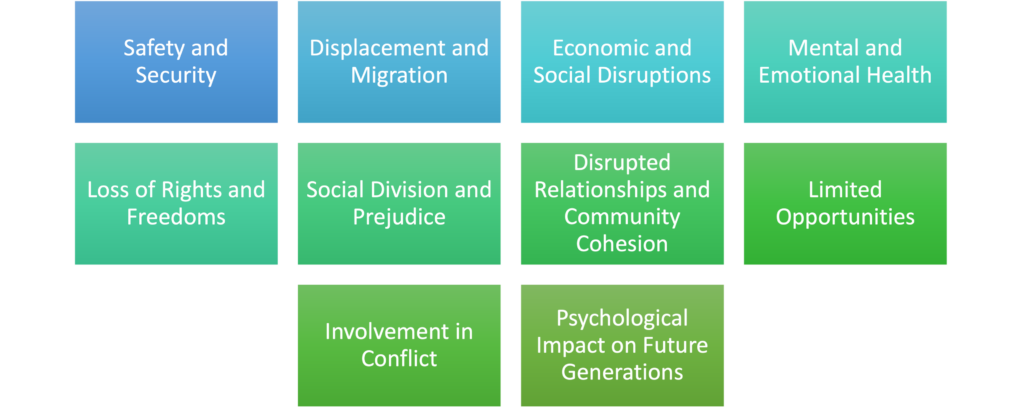
Ongoing in Democratic societies
Far rightwing parties evolving in Europe
Remember
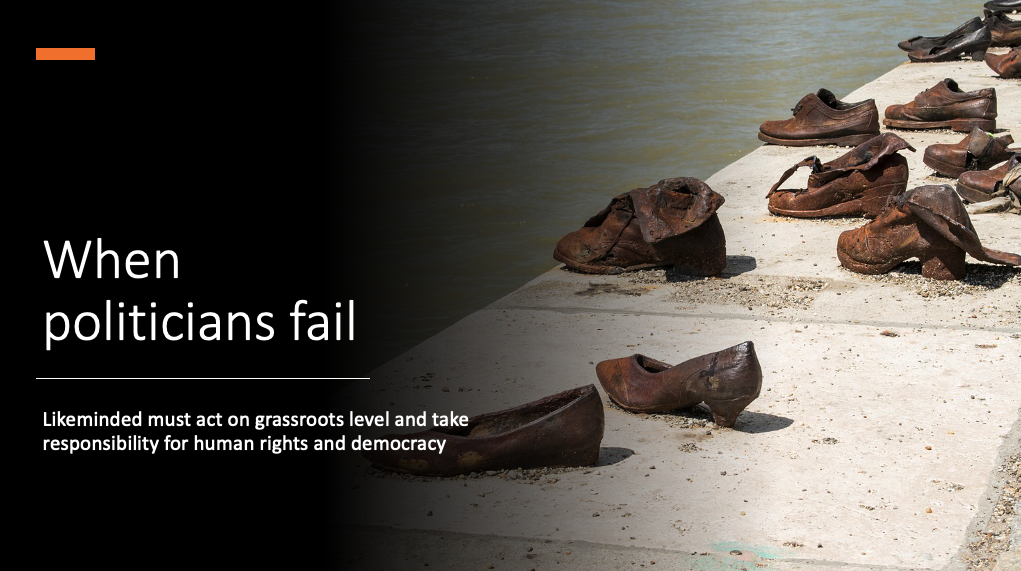
Aikkiya -
Voices for peaceful diversity
Global movement against violent extremism
4 Core Values
- Respect different conceptions of life and lifestyles
- Stand united against all forms of violent extremism
- Cooperate across religious boundaries and pre-conceived opinions
- Recognize United Nation’s Human Rights Convention
Purpose
- Defend basic democratic principles across all political span’s
- Bridge the difference gaps
- Find common denominators on grassroots level
- Strengthen the civil courage in society
(Democratic principles accordingly with UN´s conventions of Human Rights and CRC)
Vision
A worldwide community to show the force of diversity together
